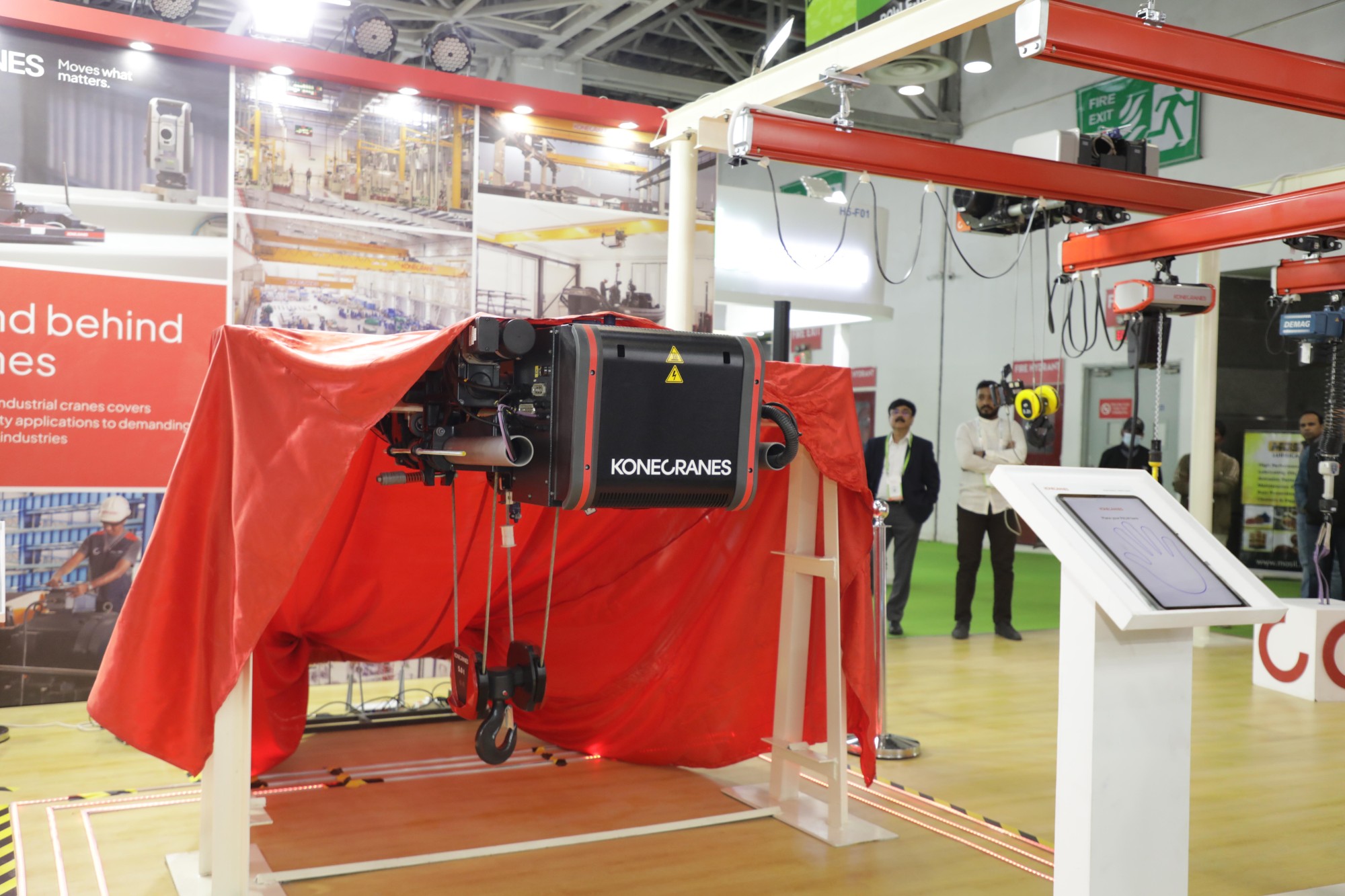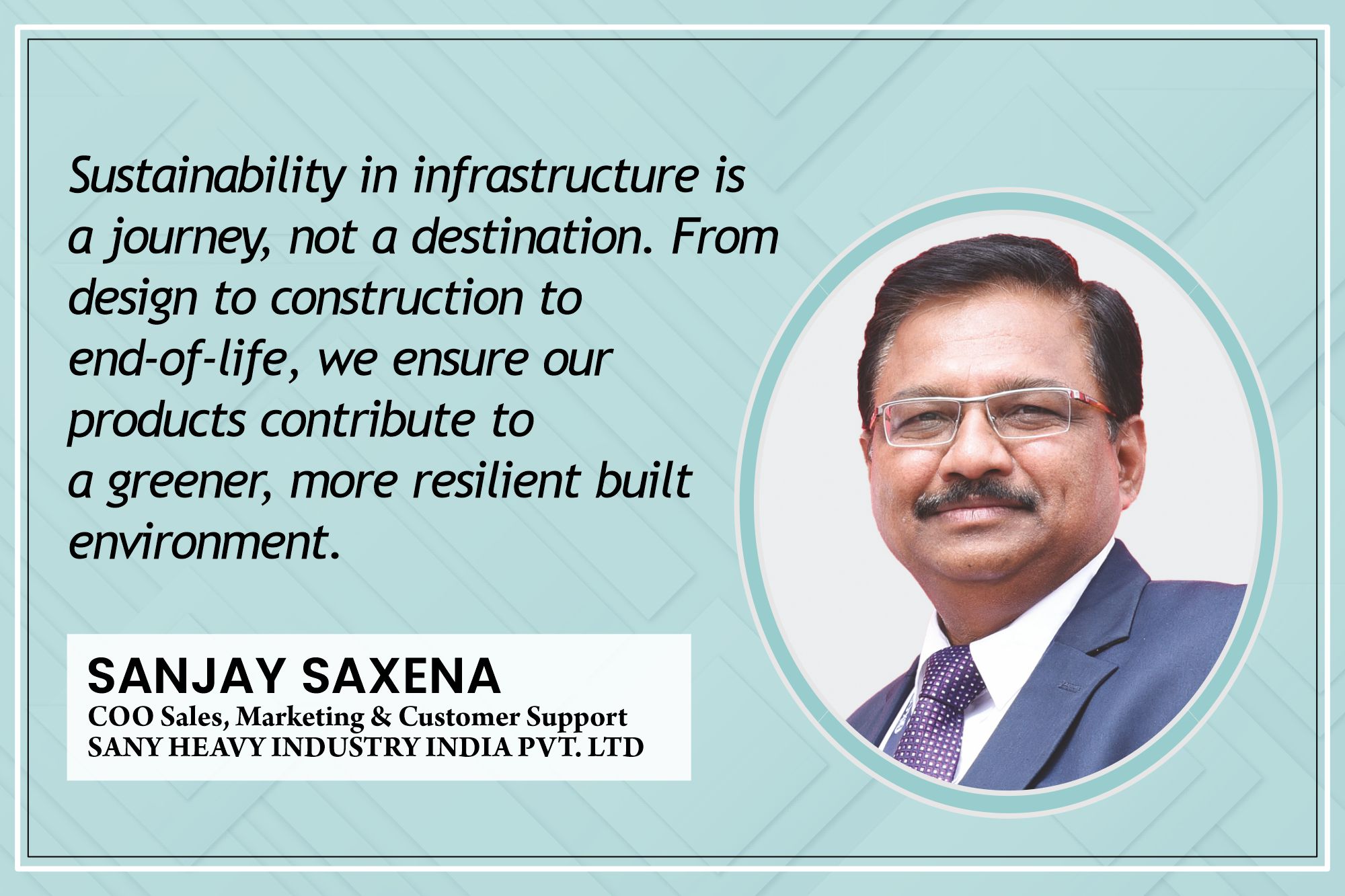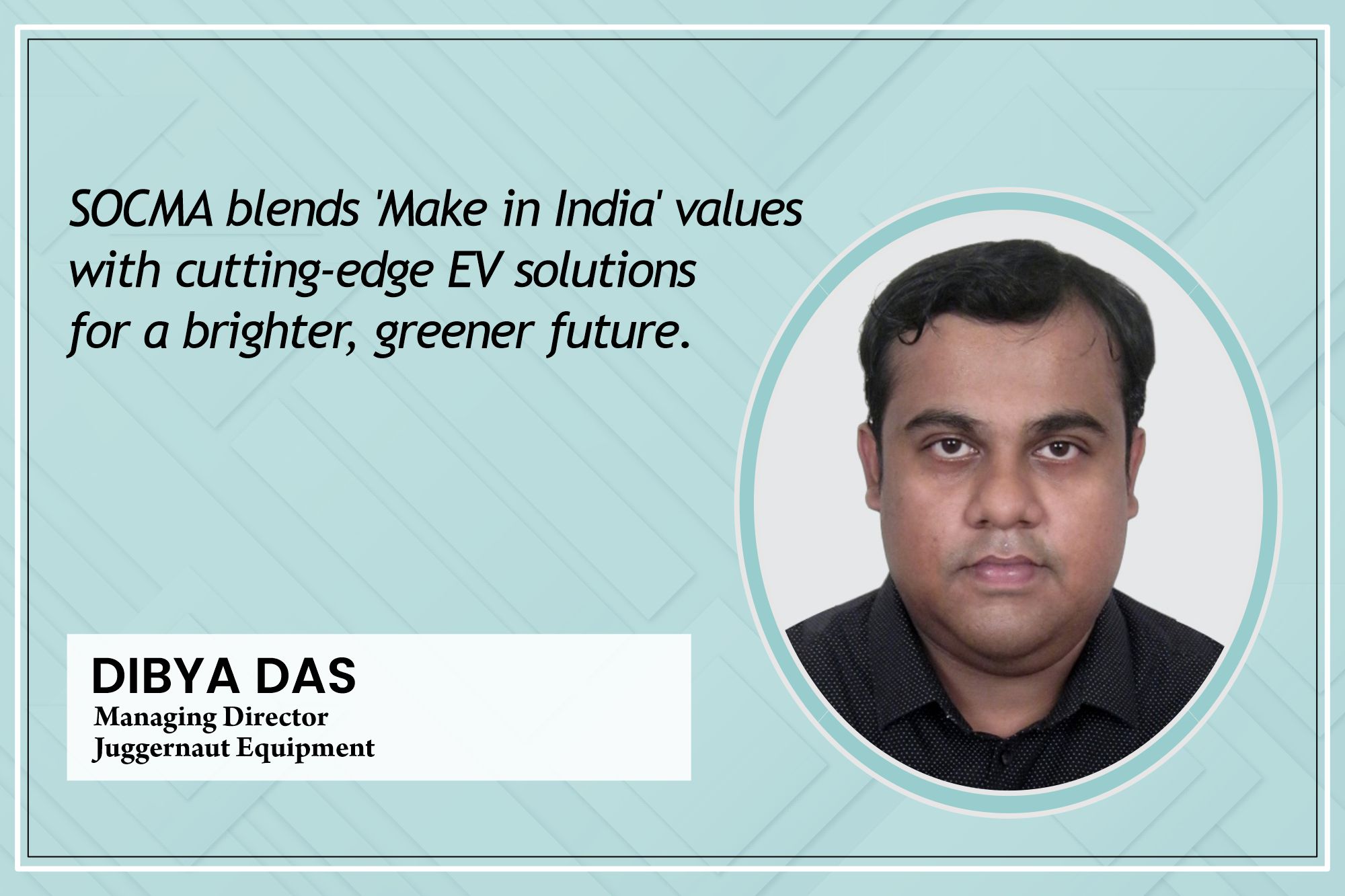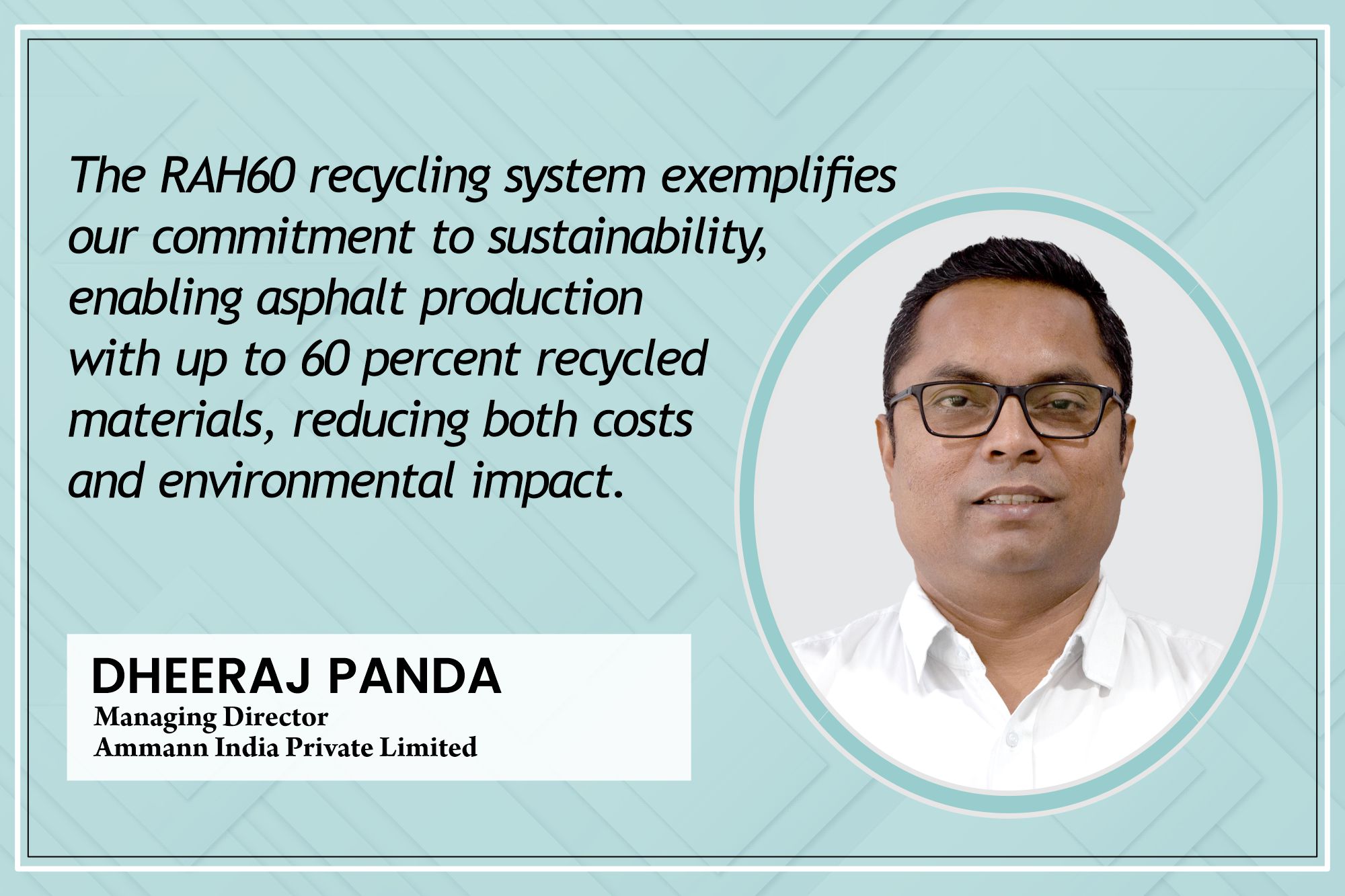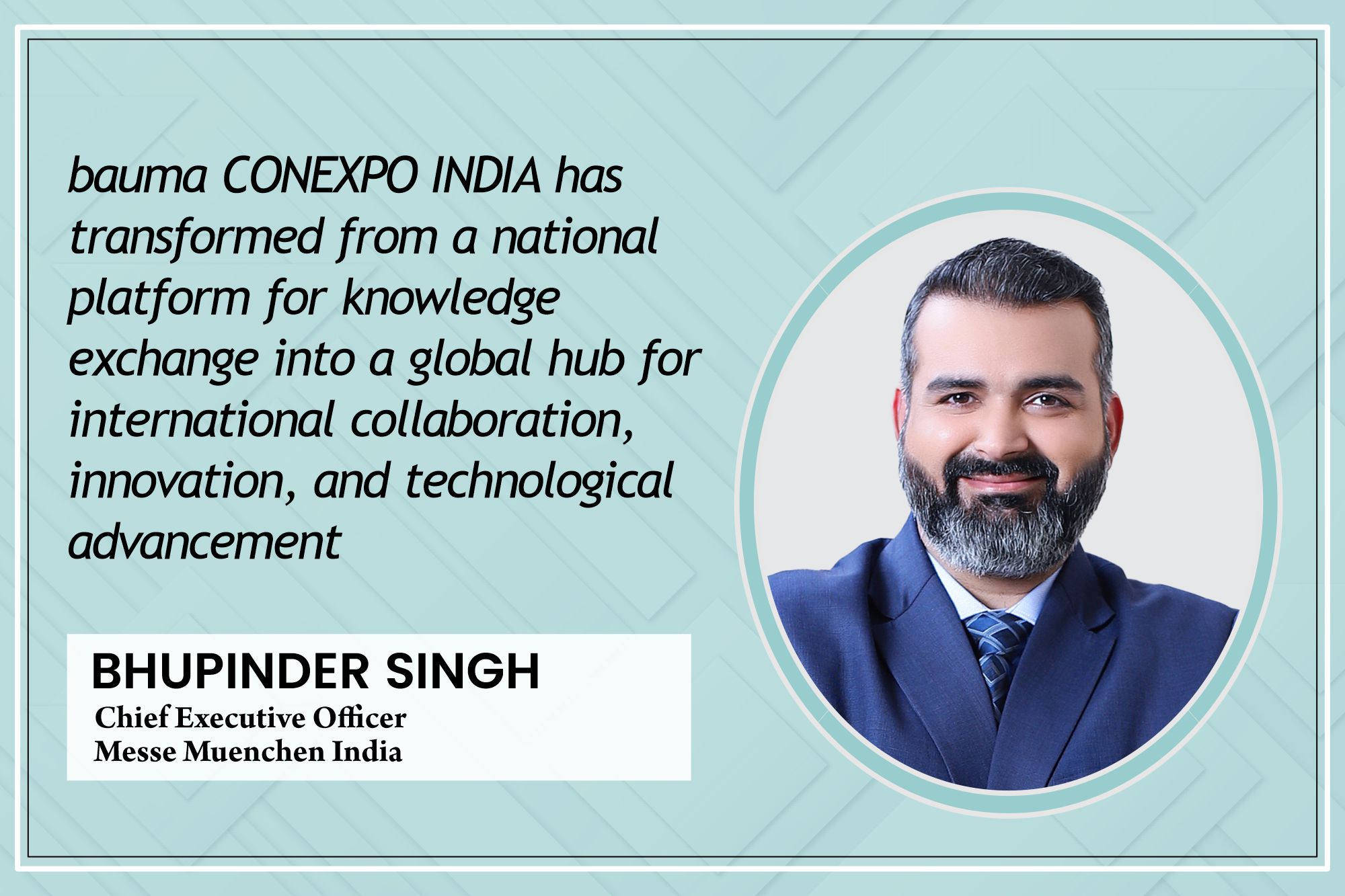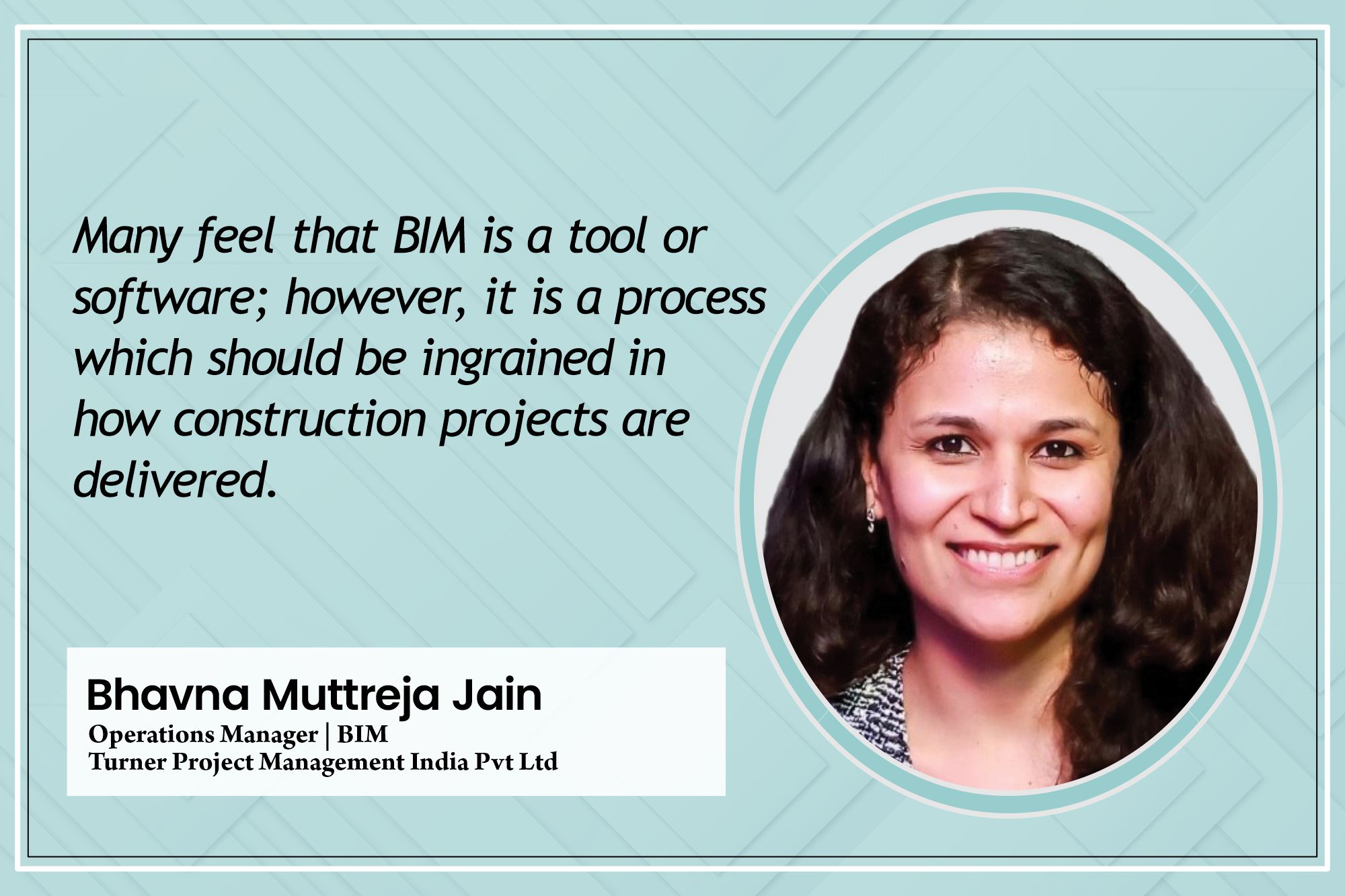Customers seek high performance, low fuel consumption
By Edit Team | November 6, 2018 9:39 am SHARE
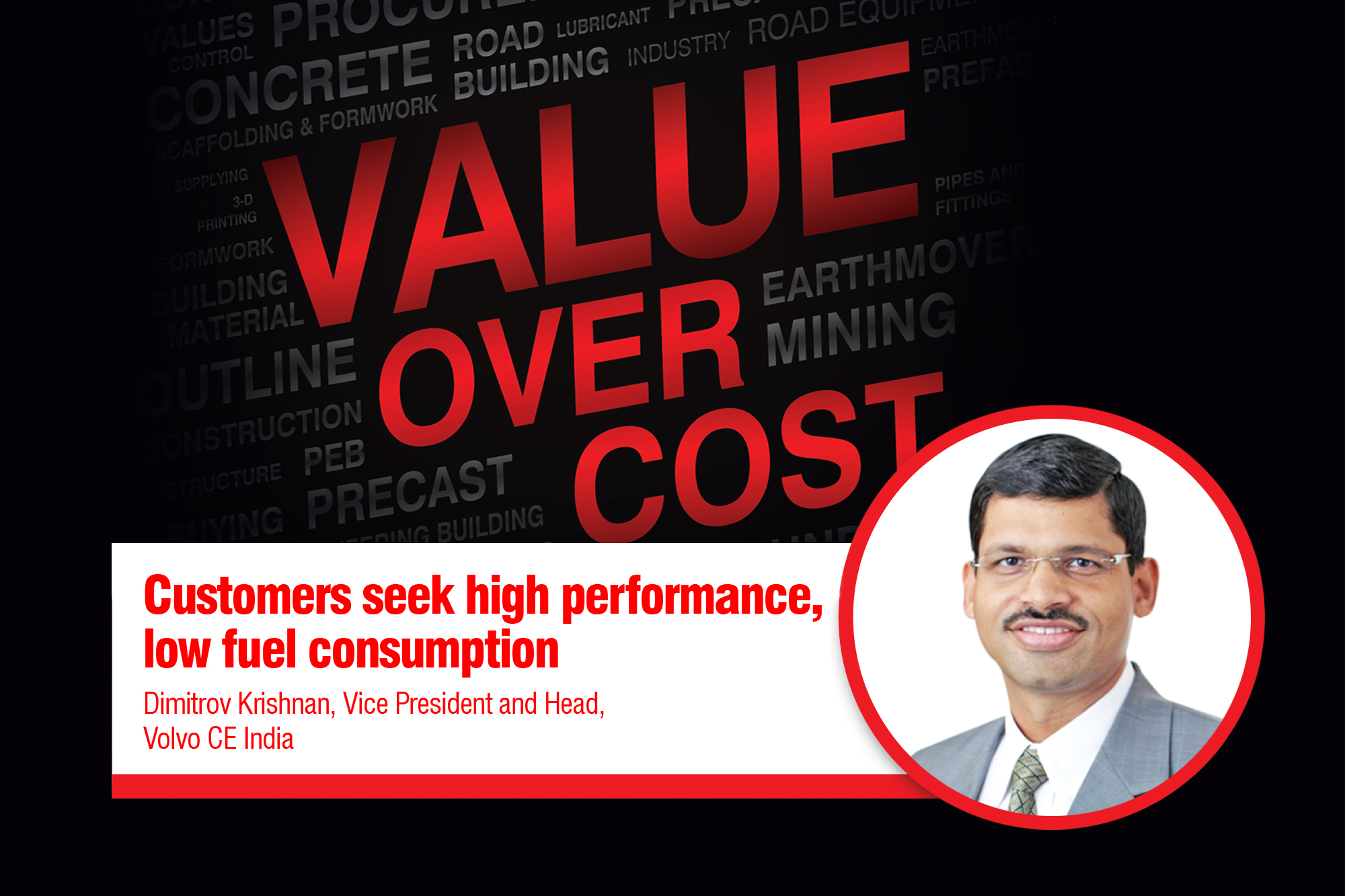
With government’s continuous emphasis on building roads and bridges, the drive to improve infrastructure is leading to shrinking project timelines and placing pressure on contractors to procure equipment faster. A budget to build 35,000 km of road under phase one of the Bharatmala project has been earmarked, along with allocations for urban rail and airport expansion projects. To meet tighter project deadlines, contractors are placing priority on procuring highly reliable, fuel-efficient equipment with low total cost of ownership (TCO).
For contractors, it’s vital to know the predetermined operating cost and maintaining a fleet throughout a project’s cycle, plus the resell value. Contractors are selecting road machinery from Volvo Construction Equipment for the low TCO and strong aftermarket support.
“We offer high-quality and productive equipment that delivers the best levels of fuel efficiency in the industry. With Volvo CE, customers can do more with their equipment and downtime minimised. Our lower fuel consumption improves cost efficiency and means work environments are cleaner,” Dimitrov Krishnan, Vice President and Head, Volvo CE India.
Overall, customers can enjoy high levels of return on investment (ROI) and the reassurance of dealing with a frontline industrial player. Plus, the company’s experienced dealer networks in India are able to provide expert advice and support whenever it’s needed, and there are a range of Customer Service Agreements available.
The most comprehensive is the Gold Customer Support Agreement, and this option is increasingly popular in India as work levels rise and construction schedules are squeezed. It offers preventive maintenance, inspection and repairs carried out at the earliest opportunity by Volvo service technicians.
As infrastructure development in India moves into the 21st Century, construction operations are in the spotlight like never before. The fine margins on modern job sites mean that securing a small advantage in something as routine as equipment choice can translate into a big difference in profitability. With Volvo CE, construction companies know they can take advantage of the equipment with best-in-class productivity, and when support is needed backup is available.
“Our company is well-known for delivering some of the most advanced designs in the industry, which results in leading levels of productivity. And, equally important is reliability,” he said.
Another emerging trend in equipment procurement is the shift from owning equipment to leasing. For smaller contractors, or those leasing from Volvo CE for the first time, the company offers a range of attractive financing options through its Volvo Financial Services arm.
Lowing operation cost
“While cost remains one of the most important factors for buyers in India, purchase price is only part of what constitutes a machine’s overall lifetime cost,” he said.
Equipment owners and contractors in India have developed quite sophisticated models for calculating “cost per tonne” or “cost per km” for equipment, and this considers a range of factors, including purchase price, operating costs, productivity levels, anticipated maintenance, depreciation, resale value and more.
“Volvo CE is heavily focused on productivity and lowering the cost of operations, or cost per tonne, for customers. A big contributor to this is fuel efficiency. It’s not unusual for a Volvo CE customer to report fuel savings of 10 per cent, or more, for one of our machines versus a competitor model,” he says.
Today, buyers in India are tracking costs carefully and are willing to invest in higher initial costs for reliable equipment that’s more productive, fuel efficient and can deliver value over the machine’s lifetime. Current purchase decisions evaluate “value” beyond the initial purchase price and look at additional benefits the machine brings over its lifetime, whether that’s maintenance services, response speed, parts availability, or financial and resell solutions. All these factors are influencing how customers evaluate value versus cost of procurement.
High-performance offering
Customers are looking for equipment that delivers high performance and low fuel consumption. They are also looking for manufacturers who can recommend and service the best machines for different applications. Volvo CE remains the only major manufacturer present in all equipment sectors – mining, road building or general construction. Buyers in India are choosing Volvo CE machines like the EC250D and EC300D excavators for their superior fuel efficiency, productivity and strong aftermarket support.
The EC250D delivers increased power and digging force as well as faster cycle times for greater productivity. The excavator is equipped with a powerful six-cylinder diesel engine, rated at 138 kW (188 hp). As with all Volvo units, fuel efficiency is a major focus and the EC250D includes the company’s unique ECO mode.
The EC350D has an operating weight of between 34,300 kg and 38,700 kg and its maximum bucket capacity is 2 cu.m. Equipped with a 210 kW-rated engine, the excavator delivers fast cycle times, high digging power, and low fuel consumption. It also features Volvo’s ECO mode, which automatically switches the engine off during idle times, to further reduce fuel consumption.
Government thrust on manufacturing
In India, customers are generally preferring suppliers who have a strong manufacturing base in the country, which ensures they can procure parts locally and faster, as well as receive strong aftermarket support from experts who understand regional and local needs.
“Volvo CE manufactures about 10 different models of construction equipment in Bangalore and some of our models are constructed from 95 per cent of locally manufactured components,” according to Krishnan.
“Our production facilities, including the one in India, have some of the highest levels of automation in our industry. All our factories operate under the Volvo Production System, or VPS. It’s a toolkit that includes methods such as Six Sigma—which reduces unwanted variation in processes, and Lean—which eliminates wasted time and material, to create a more streamlined assembly process which helps us offer industry-leading reliability in our machines. The five principles of the Volvo production system are – process stability, teamwork, built-in quality, just-in-time, continuous improvement,” he adds.
Purchase price is only part of what constitutes a machine’s overall lifetime cost.
Dimitrov Krishnan, Vice President and Head, Volvo CE India
Cookie Consent
We use cookies to personalize your experience. By continuing to visit this website you agree to our Terms & Conditions, Privacy Policy and Cookie Policy.



